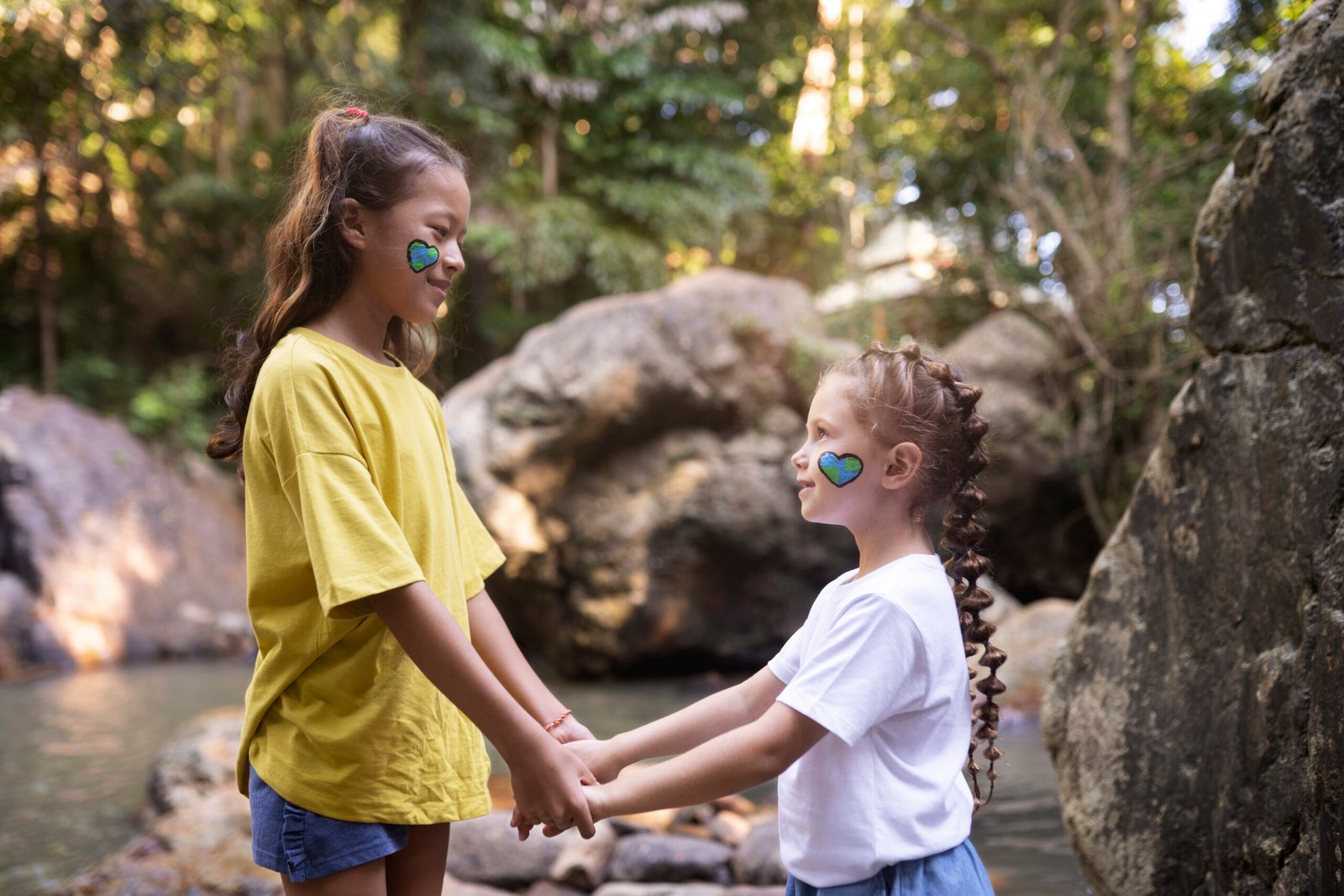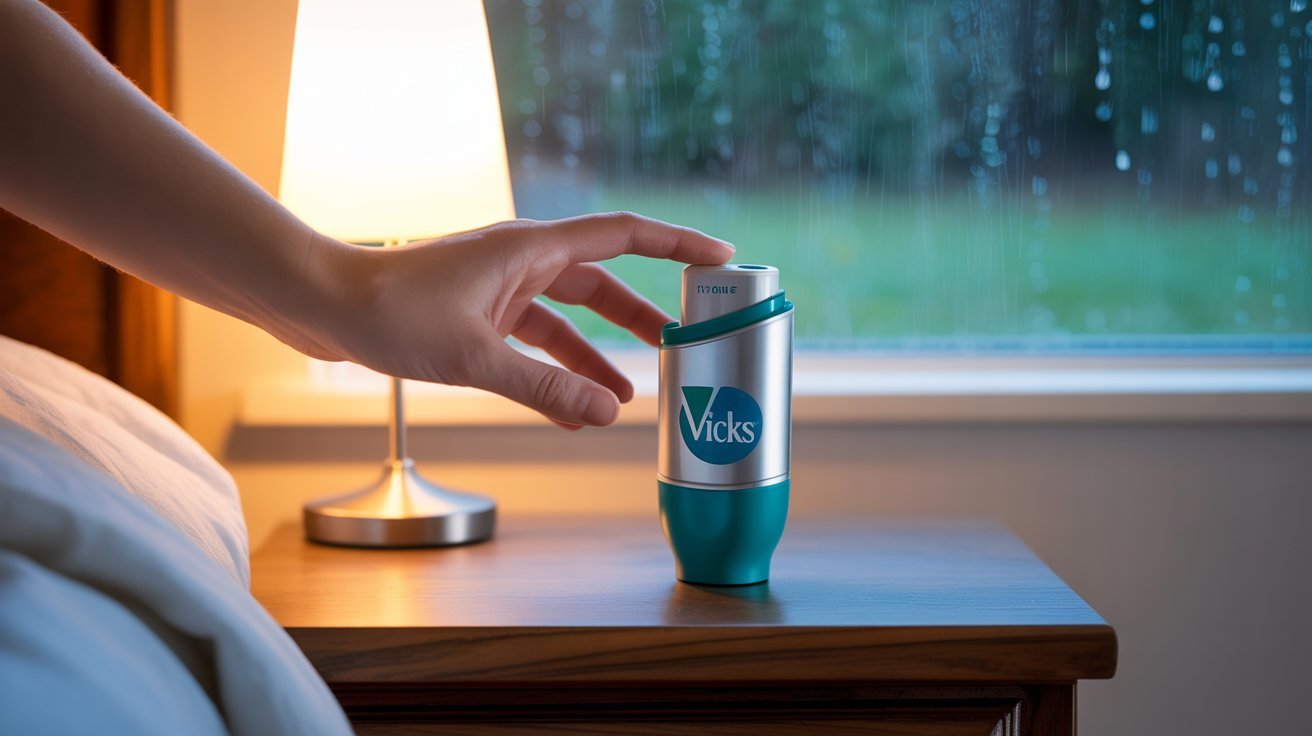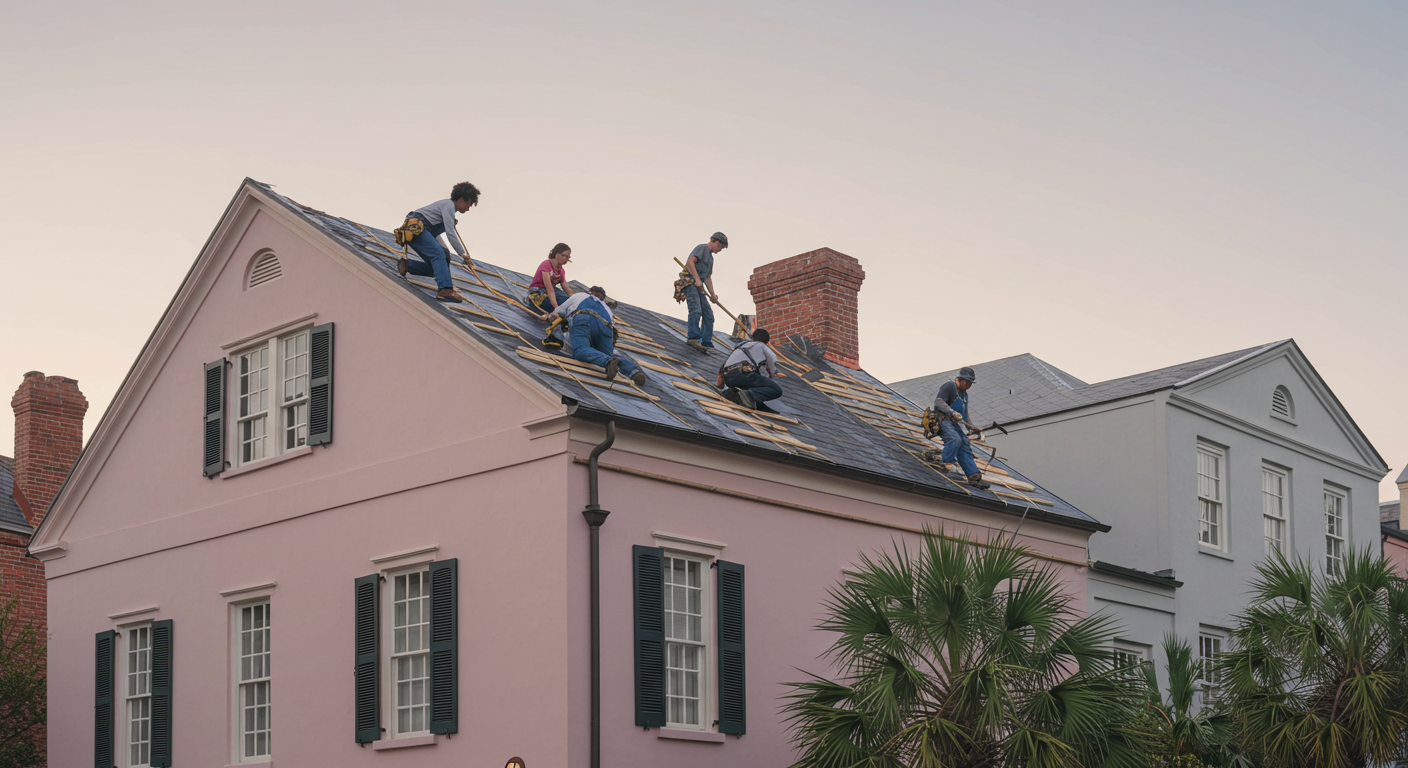Friendlies: Where Kindness and Connection Come First

In a world filled with noise, stress, and constant change, finding kindness matters more than ever. That’s exactly where friendlies come in. Whether it’s a real-life community group or an online space, friendlies represent a movement of people coming together to be kind, helpful, and supportive—without expecting anything in return.
You might be wondering, what exactly are friendlies? Are they people? A group? A vibe? In truth, friendlies are all of those things. They’re individuals and communities built around one simple goal: making the world feel a little more welcoming. So let’s dive in and explore how friendlies are shaping a better world, one smile at a time.
What Are Friendlies?
Friendlies are people who go out of their way to be kind, respectful, and caring. They’re the ones who hold the door open, help someone carry books, or just smile when they see someone who looks down. But the word has also grown to mean communities and places where this kind of kindness is the norm.
In schools, online, and even in businesses, friendlies are being formed to promote good vibes, strong friendships, and safe spaces. They might not wear a special uniform, but you can always spot a friendly by their actions.
Why Friendliness Is So Powerful
Kindness might seem like a small thing, but it has a huge impact. Studies show that when people experience friendly behavior, their mood improves. They feel safer, more confident, and even healthier.
More importantly, friendliness spreads. When someone is kind to you, you’re more likely to be kind to someone else. That chain reaction helps entire communities become more positive and connected.
Friendlies at School
Schools are one of the best places to find friendlies. That’s because many students and teachers work hard to create friendly environments. Clubs, kindness campaigns, and buddy systems all help make new students feel welcome and stop bullying before it starts.
In fact, many schools are now training “Friendship Leaders” or “Friendlies Ambassadors.” These students look out for others, help solve problems, and organize fun events to bring people together.
Friendlies in Sports
Believe it or not, friendlies also exist in sports. In soccer, for example, a “friendly” is a game played for fun—not competition. These games give teams a chance to practice, bond, and learn without the pressure of a tournament.
The same goes for neighborhood basketball matches or weekend runs. When people play for the love of the game and respect each other, the experience becomes way more enjoyable for everyone involved.
The Rise of Online Friendlies
As more people spend time online, the need for digital kindness grows. That’s where online friendlies come in. These are spaces—like social media groups, forums, or gaming chats—where the rules are clear: be respectful, stay positive, and help others.
Platforms like Discord and Reddit now have “friendly zones” or “support corners,” where people can share their feelings, ask for advice, or just talk without fear of being judged or bullied.
How Friendlies Build Trust
Trust is the foundation of any healthy relationship. Friendlies build trust by showing up, listening, and being honest. When you know someone won’t make fun of you or betray your secrets, it’s easier to open up and grow.
That’s why so many friendlies end up forming strong friendships—ones that last far beyond a single conversation.
Friendlies and Mental Health
Everyone has rough days. Some deal with anxiety, depression, or stress. Friendlies understand that mental health is just as important as physical health. They create safe places where people can talk openly without shame.
Many friendlies also partner with counselors or host wellness workshops. Even a simple “Are you okay?” can make a huge difference to someone who’s struggling.
What Makes Someone a Friendly Person?
Being a friendly isn’t about being perfect. It’s about trying to do the right thing, even when it’s hard. Here are a few traits friendlies usually have:
-
Empathy: They understand how others feel.
-
Patience: They take time to listen.
-
Respect: They treat everyone equally.
-
Optimism: They believe things can get better.
-
Support: They show up for others consistently.
These qualities can be learned, too. The more you practice them, the more naturally they come.
Friendlies in the Workplace
Friendliness doesn’t stop when school ends. In fact, more companies are focusing on friendly work environments. Happy employees work better together, get more done, and stay longer at their jobs.
Some companies have even created “Kindness Teams” that plan fun events, surprise co-workers with compliments, or offer help during tough projects.
How Friendlies Solve Conflicts
Even the best friendships have arguments. But friendlies don’t fight to win—they work to understand. They listen, talk calmly, and look for solutions that make everyone feel heard.
This approach helps reduce drama and create peace. Friendlies know that strong bonds are built on respect, not shouting matches.
Spreading Friendliness in Your Community
Making your town or neighborhood more friendly starts with small actions:
-
Smile at neighbors
-
Help carry groceries
-
Host a free book swap
-
Leave encouraging notes in public places
Little things add up fast. When one person starts, others follow.
Friendlies and Volunteering
Many friendlies enjoy giving back. They volunteer at shelters, food banks, libraries, or schools. Not only does this help others—it also boosts happiness and self-esteem.
In fact, researchers have found that people who volunteer regularly are more likely to feel confident, grateful, and hopeful.
Creating a Friendly Space at Home
Home should be a safe, warm place. Families that practice kindness build stronger bonds. Here’s how to make your home more friendly:
-
Eat dinner together
-
Ask about each other’s day
-
Say “please” and “thank you”
-
Share chores fairly
These simple habits create trust and teamwork in the family.
The Role of Technology in Supporting Friendlies
Technology isn’t just for games and videos. It can also connect friendlies worldwide. Apps for journaling, meditation, or random acts of kindness help users stay positive and focused.
There are even platforms that connect friendly people across the globe for pen-pal conversations, group chats, and video calls.
Famous Friendlies in History
Throughout history, many great leaders were known for their kindness:
-
Mister Rogers used TV to teach kids how to be kind.
-
Mahatma Gandhi promoted peace through respect.
-
Malala Yousafzai speaks out with love, not hate.
-
Martin Luther King Jr. inspired millions with a message of unity.
These heroes remind us that friendliness isn’t weak—it’s powerful.
How Friendlies Change the World
Big change doesn’t start with huge events—it starts with people choosing to be kind. When more friendlies stand up for fairness, help their neighbors, and support those in need, the world shifts in a good way.
That’s how movements grow. Friendliness may look simple, but it builds stronger schools, safer streets, and happier lives.
Becoming a Friendly in Your Own Life
You don’t need permission to be a friendly. You just need to:
-
Care about people
-
Do your best every day
-
Apologize when you mess up
-
Try again tomorrow
Every friendly journey starts with one act of kindness.
FAQs
What does “friendlies” mean?
Friendlies are people or groups who focus on kindness, support, and positive connections.
Are friendlies only in schools?
No, friendlies can be found in schools, workplaces, sports, online, and everywhere else.
How can I join a friendly group?
Look for clubs, online communities, or start one yourself with friends who share your values.
Can anyone be a friendly?
Yes! Anyone can choose to be kind, helpful, and respectful—it’s about action, not age or background.
Do friendlies only help people they know?
Not at all. Friendlies often help strangers too, just to make the world better.
Why are friendlies important today?
They remind us that kindness still matters, especially in a world that sometimes feels divided.
Conclusion
In every hallway, classroom, park, or online space, there’s room for more friendlies. These are the people who light up the world with kindness, who choose peace over hate, and who lift others up instead of tearing them down. Whether you’ve met one or you’re becoming one, friendlies remind us all of what really matters: being kind, being human, and being there for each other.So smile. Say hello. Listen with care. Because the more friendlies there are, the brighter our world becomes.











